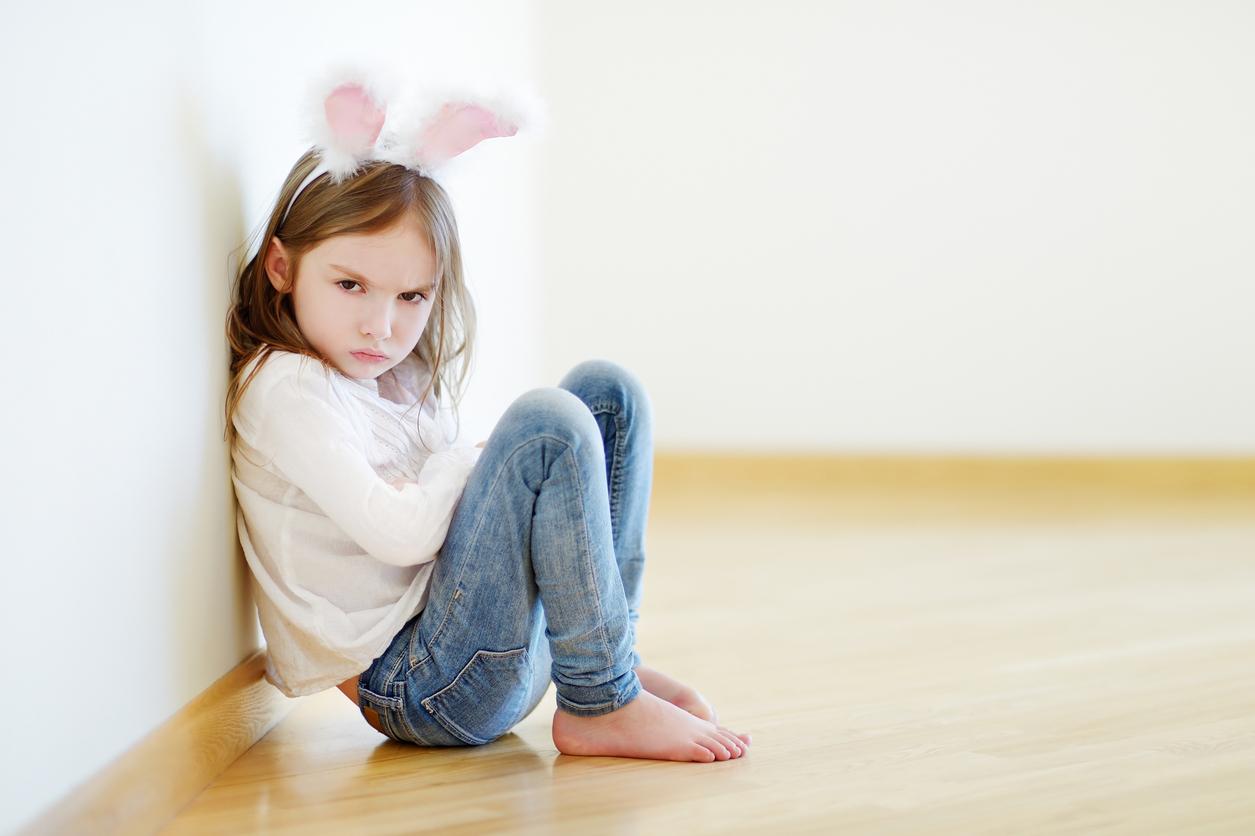Only child ‘syndrome’: How growing up without siblings affects your child’s development
New research suggests that growing up alone changes the structure of the brain

A study has found that children who grow up without siblings are likely to have a different brain structure than those who do.
Only children are often branded as selfish and spoiled compared to their peers who have brothers and sisters.
But, a new study by the Southwest University in Chongqing, China, has revealed that this could be down to more than just behaviour.
While previous studies have focused on the difference in conduct, cognitive function and personality traits between those with and without siblings this one wanted to find out if the difference had a neural basis. And it did.
Studying 250 university students, of which around half were only children, researchers scanned their brains while also testing their personality, creativity and intelligence.
Verifying previous findings, the tests showed that only children outperformed those with siblings on creativity but consistently scored lower on ‘agreeable’ personality traists.
The scans also demonstrated that the parts of the brain associated with the development of these were indeed structurally different in the two.
The only children who performed higher on creativity actually showed a higher volume of gray matter in the parietal lobe – a part of the brain associated with mental flexibility and imagination.
Meanwhile, the scans of those only children who showed less agreeable traits showed less gray matter in the medial prefrontal cortex - a part of the brain known to be involved in thinking about the self in relation to others.
This shows that different family environments – growing up with or without siblings – does affect children’s structural brain development, researchers claim.
They also point out that while previous studies have already shown that only children tend to exhibit higher intelligence, the sole attention of parents and grandparents can result in what they call ‘undesirable’ personality traits like dependency, selfishness and social ineptitude.
Join our commenting forum
Join thought-provoking conversations, follow other Independent readers and see their replies
Comments
Bookmark popover
Removed from bookmarks